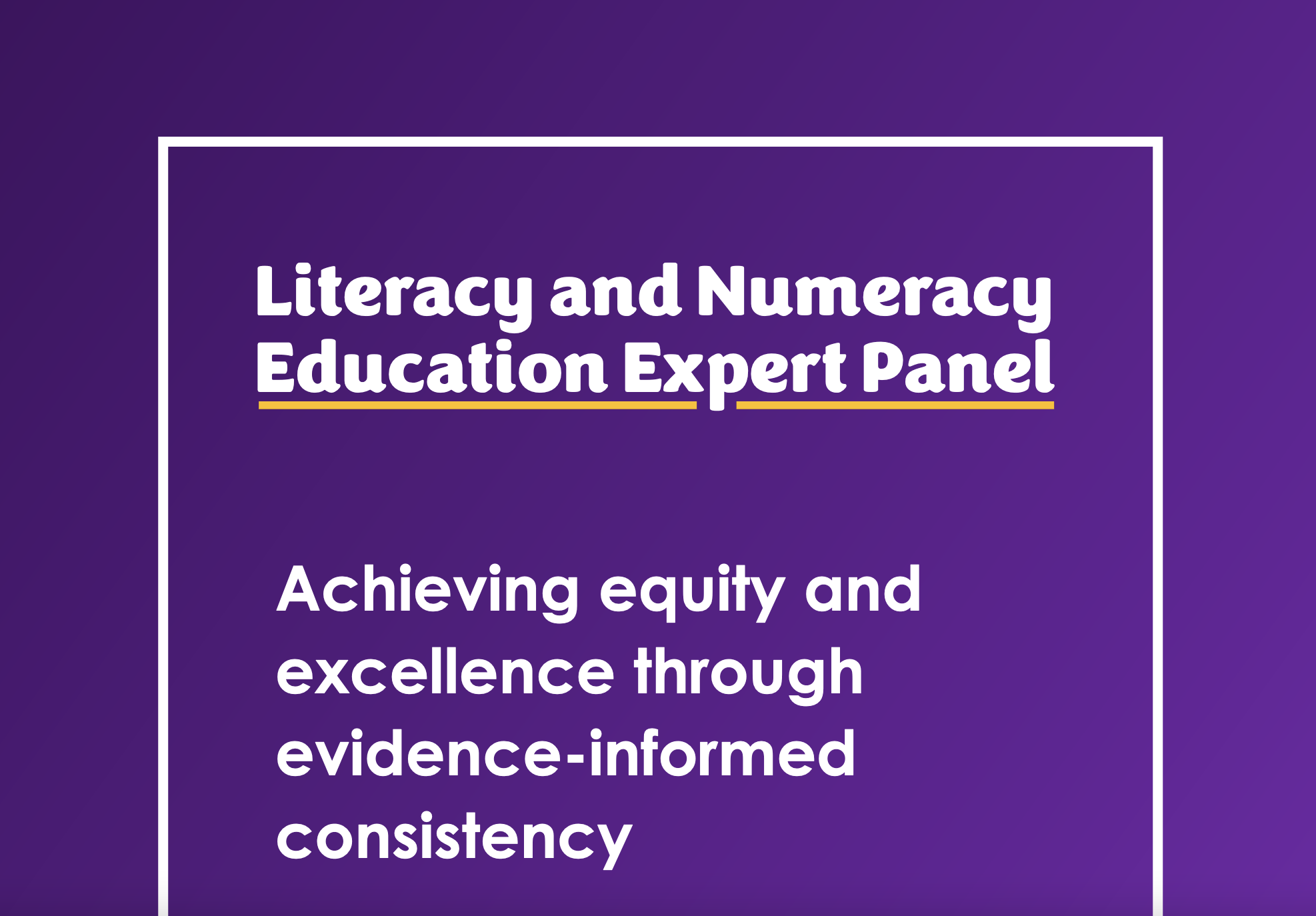
Response to the ACT inquiry into literacy and numeracy teaching
Recently, the Australian Capital Terrority (ACT) Government called for public submissions to inform their independent inquiry into the teaching of literacy and numeracy in public schools. Below are the key points excerpted from MultiLit’s submission. The entire submission can be accessed via the link at the end of this excerpt.
Key points in this submission
As an organisation that has been working closely with Australian schools and
school systems for more than 25 years to improve student outcomes, MultiLit
welcomes the opportunity to respond to the Consultation Paper put forward by
ACT’s Literacy and Numeracy Education Expert Panel.
In developing this response paper, we have chosen to address the questions
that relate most to the content and format of literacy instruction, intervention and
assessment. All our responses align well with the Education Directorate’s ‘Key
Teaching Strategies’, listed on pages 13–14 of the Consultation Paper. The key
points can be summarised below:
1. The Response to Intervention (RtI) framework was developed to provide all
students in schools with the opportunity to access additional services if they do
not respond to instruction received at a whole-class level.
2. High-quality, evidence-based instruction can easily and effectively be embedded
into an RtI framework. Timely implementation of this learning content may
enable teachers to respond equitably to the range of skills and backgrounds of
students in their classrooms before learning gaps become entrenched and the
associated negative impacts on wellbeing take effect.
3. Assessment (including ones that allow for screening and progress monitoring)
should inform teachers’ decisions around what instructional tier is most suitable
for each student.
4. Mandating the provision of evidence-based instruction in ACT government
schools represents another step towards more equitable learning outcomes
for students, given that it will result in less variability in the quality of content
received by students.
5. Prescribing evidence-based instruction and intervention will alleviate teacher
workload by constraining the selection of materials to those that are most likely to
be effective. Prescribing assessments and an assessment protocol that aligns with
an RtI framework will be similarly cost- and time-effective if the measures are
valid and reliable, and if they directly inform decisions around students’ learning.
The entire submission can be accessed from the ACT Government’s inquiry
‘submissions’ webpage.